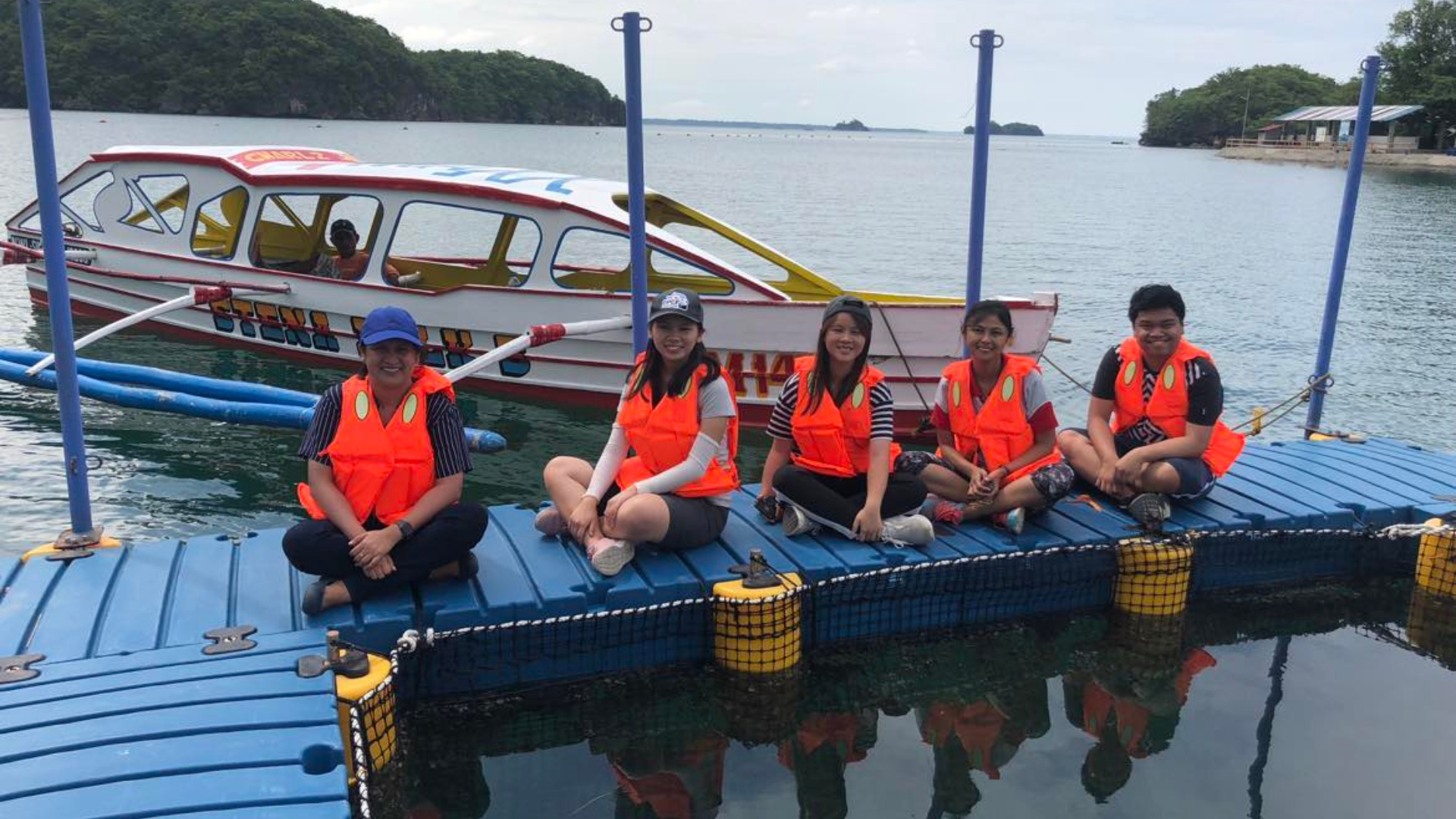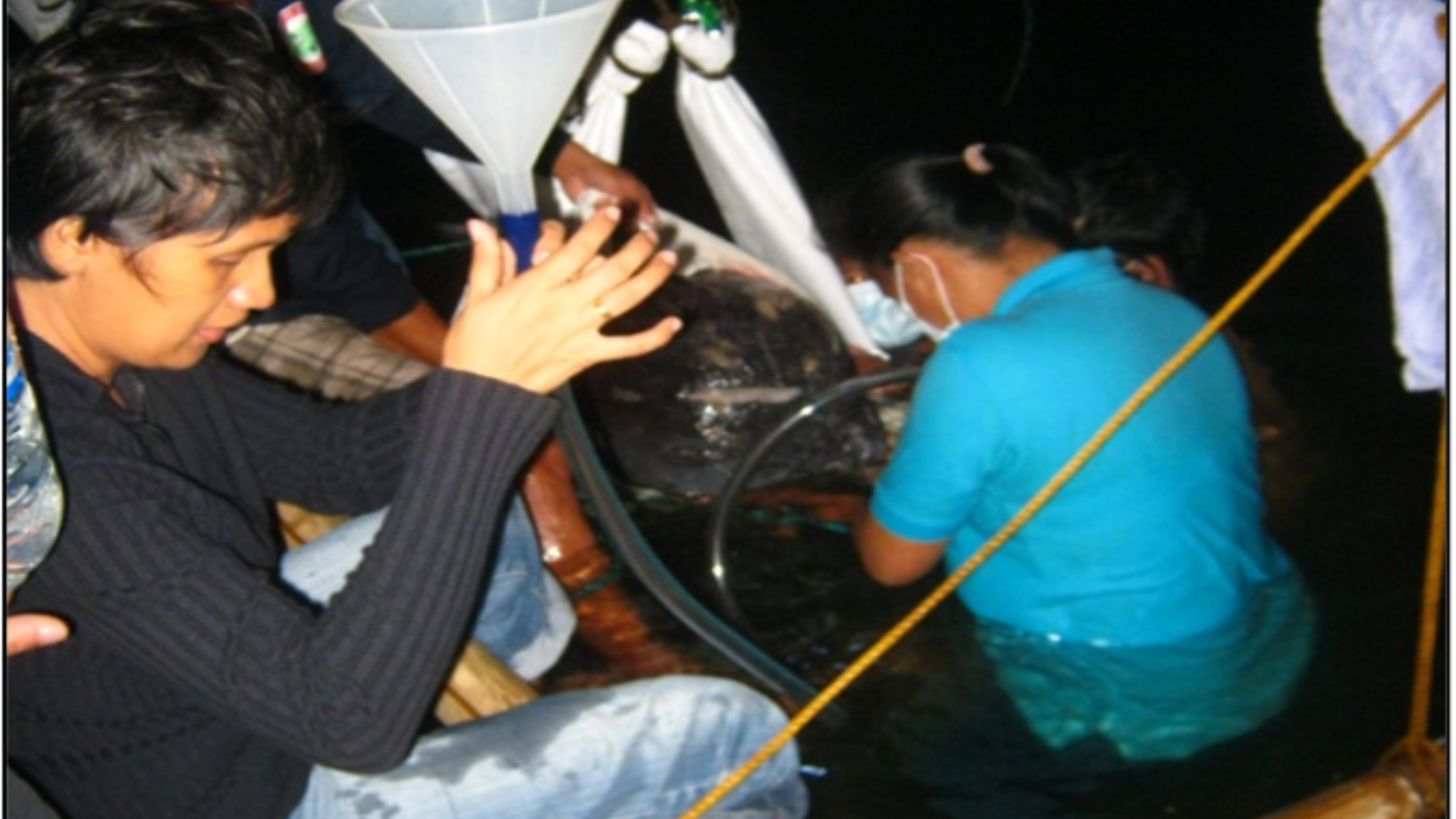Dr. Marie Obusan: 'We need to transition and consciously work to achieve a circular economy'
By Mat Richter
In an age where the environmental consequences of human actions are increasingly evident, the significance of knowledge in addressing environmental crises cannot be overstated.
In this edition of ECO VOICES, we engage in a conversation with Dr. Marie Obusan, an esteemed educator holding a doctorate in environmental science and former president of BIOTA Phils. As an associate professor and biosafety officer at the University of the Philippines, Diliman, she offers valuable insights into the environmental challenges we face.

Q: Tell us about your background and advocacy.
A: My work focuses on One Health, which explores the connections between human, animal, and environmental health using marine mammals, specifically dolphins and whales, as sentinels of marine ecosystems. These cetaceans are part of the early warning system for detecting the emergence or resurgence of disease threats. The surveillance of their pathogens is a practical approach in a developing country whose resources for detection, clinical diagnoses, and treatments for zoonoses are limited.
Q: What aspects of the environment are often overlooked?
A: I believe the "tragedy of the commons" concept illustrates a disregard or lack of awareness regarding the ecosystems' carrying capacity for resource utilization and the impact of a growing human population. On the other hand, in my specific field of expertise, there are two key challenges: first, there is a lack of data on the abundance, habitat ranges, and migration patterns of marine mammals in the Philippines. Second, there is a deficiency in data and research efforts focused on emerging pollutants in water systems.
Q: How can we fact-check environment-related information in the age of greenwashing?
A: We should strengthen the capability of the government to monitor and regulate companies by ensuring there are enough resources for the implementation of laws and guidelines. Most often, we already have the policies, legal provisions, and instruments, but we have poor implementation.

Q: How can we achieve a circular economy?
A: Establish government regulatory systems at the national and international levels that will ensure the participation and obedience of key players in the industrial and commercial sectors. They are the ones with significant impacts or involvement in consumption. On the other hand, having a high population also strains our limited resources and dilutes the impacts of achievements or efforts toward a circular economy.
Q: What tips can you share with our readers regarding environmental sustainability?
A: Apart from the need to transition and consciously work to achieve a circular economy, the youth, as a significant proportion of consumers, can be actively involved through social media, technology literacy, and creativity in generating new ideas that address sustainability.
All in all, our conversation with Dr. Obusan serves as a compelling reminder of the interconnectedness of human, animal, and environmental health. Her insights stress the urgency of addressing environmental challenges, emphasizing government regulations and the pivotal role of the youth in driving positive change.
To combat the environmental crisis, her wisdom encourages us to use knowledge, creativity, and collective action to ensure that future generations can still enjoy the resources we cherish today.